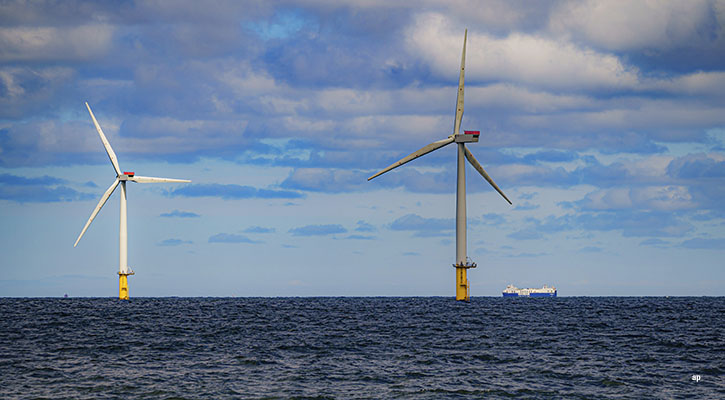Our special report this week will focus on ESG, a segment of investing that has become more controversial than ever before.
Sustainable funds had a breakthrough year in 2020 when the pandemic refocused investor attention. But performance has faltered since and the massive inflows seen four years ago have reversed. Tech outperformance, from AI-charged stocks like Nvidia, has dominated the investing landscape instead.
While investors may be fretting about ESG funds’ performance, the debate about sustainability in the wider world has become more intenes and divisive. Companies that invest in fossil fuels such as asset manager Baillie Gifford and Barclays Bank, have effectively been shunted off sponsoring UK events by activist pressure. In Baillie Gifford’s case, the company was forced to end its association with literary festivals in the UK and Barclays is withdrawing from its sponsorship of music festivals.
Governments are under pressure to meet climate transition targets, and it’s clear this is a campaign issue as the UK heads towards a General Election. If elected, as the polls suggest, the Labour party will move forward a ban on sales of petrol and diesel vehicles to 2030, rather than 2035.
In this period when reputational risk seems so high, and every listed company can be linked to some global controversy, it’s hard for investors to make confident decisions about ESG products. “Greenwashing”, where funds are dubiously badged as sustainable but still carry ESG risk, also makes life harder for investors.
This week we’ll cover the key issues surrounding ESG investment and help tune out from the noise.
Here’s a selection of some of the key articles coming up this week:
Monday
To start the week, we’ve profiled the best-performing funds with a high Morningstar Sustainability Rating.
We’re also looking at the issue of fund flows, and where investors are putting their money in sustainable strategies. Is there a sign of a turnaround after a long period of outflows?
We also profile some wind energy stocks and whether they are now screening as undervalued after a tricky few years.
Tuesday
The UK market is often described as an anti-ESG index because of the dominance of natural resources stocks. How true is this in reality?
Green bond funds have become popular in recent years, but higher interest rates have made some of their projects less viable. Is this about to change as rates come down?
Wednesday
In the middle of the week,






